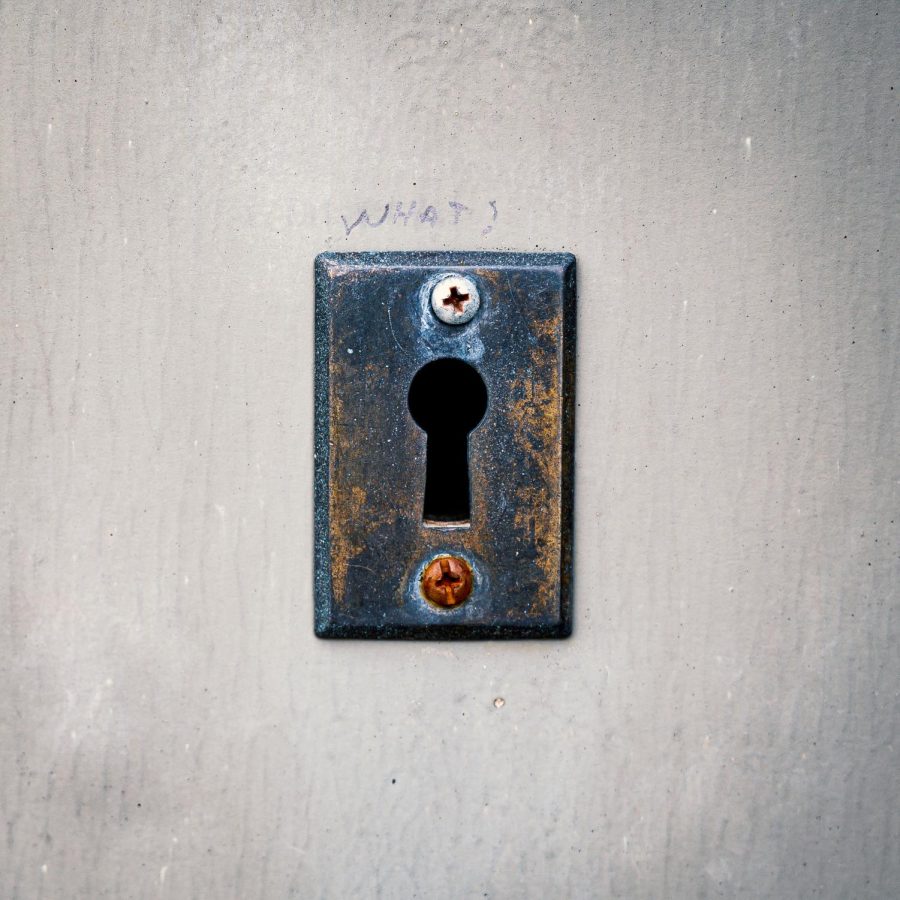Reflections on privacy
May 28, 2023
I have always felt the omnipresence of surveillance. If it isn’t God observing my thoughts and actions (not directly verifiable), it’s family, friends, lovers, priests, psychologists, police and teachers poking at me for information. Added to this, AI-driven machines are insidiously collecting my data. Am I paranoid?
In his essay “Why We Should Love Big Brother,” James Stanley Taylor argues that I should allow the State the right to surveil my every move and have access to my every thought, given there is a legitimate reason for this information to be divulged. It is increasingly obvious that the State has a lot of information already. Not all governments are benign.
As a white, privileged citizen, I’ve been lucky to live in a democratic republic where there is a semblance of fair play and opportunities to pursue a livelihood in the private sector. A point of contention I have with Taylor lies with the possible need of citizens to challenge the State. At present, I have the right to petition my government and to peacefully protest its policies. I have twice been caught up in acts of civil disobedience that led to the arrests of my fellow protesters. On both occasions I escaped the consequences of my actions, or I might have been in jail.
At 82, I have left a lengthy paper trail. As an engaged Buddhist poet-anarchist, if I had lived in a Christian theocratic or right-wing authoritarian system, this paper trail might have been the bane of my existence. I worry that my political affiliations could be detrimental to my grandchildren in the future. Life comes with risks.
In “Privacy, Intimacy, and Personhood,” Reiman wants to reach a moral understanding of how violations of privacy can be judged and why this is so, and he develops his thesis to explain how privacy is a social ritual by which a person has title to their existence.
In “What Is the Right to Privacy?” Marmor claims that the right to privacy is grounded in the individual’s desire to control how they can present themselves to others. Both arguments are attempts to find the essence of a vague concept called privacy, an actuality that may never have existed in the first place or, if it did, disappeared around 1984, when you could still get away from most forms of surveillance.
Artificial Intelligence is here. If there was a chance to prevent AI from knowing about humans, data scientists should never have given it access to the internet and let it learn to write algorithms. Taylor is not saying that we should just capitulate our claim to privacy. He acknowledges that the surveillance society is present, that it can be useful, that we must learn to live with it, but that we should maintain guidelines for its use by the state. My solution to the privacy dilemma is to be a content provider. This is my stand.
However, I’m wistful. There was a time, not so long ago, before credit cards and interconnected data collecting devices, when you could drop everything and move to the next town and start a new life. That was then, and this is now. Ever since the Garden of Eden and our fall and our sense of shame, we’ve been ducking and hiding, trying to stay out of the line of fire, so we can have a few precious moments alone to take stock of ourselves without someone nosing into our business.
Even with Big Brother showering us with his love, I think a few outliers will stay on the run. My confessions are subterfuge. Transparency allows me to be invisible. God has no nit to pick with me, and the Law lets me do and think what I will, if I don’t raise an alarm, although my next screed may blow up the edifice.
Here lies the nut of this nutshell. What seems counter-intuitive to a Big Brotherist, might be intuitive to a person who believes that the civil government should stay out of the data collection business and leave its citizens to pursue liberty on their own. This has to do with us having free will and the right to exercise it against State intrusions.
In his essay, “On Civil Disobedience,” Thoreau said, “One man in the right is a majority of one.” Humans are unique in that they are the only animal species that torture one another for the truth. It is at this point the deontologists and utilitarians part company. According to a Wiki elf, “Thoreau argues that individuals should not permit governments to overrule or atrophy their consciences, and that they have a duty to avoid allowing such acquiesces to enable the government to make them the agents of injustices.” Thoreau would likely think Big Brother was the Wizard of Oz trying to trick us with smoke and mirrors.


